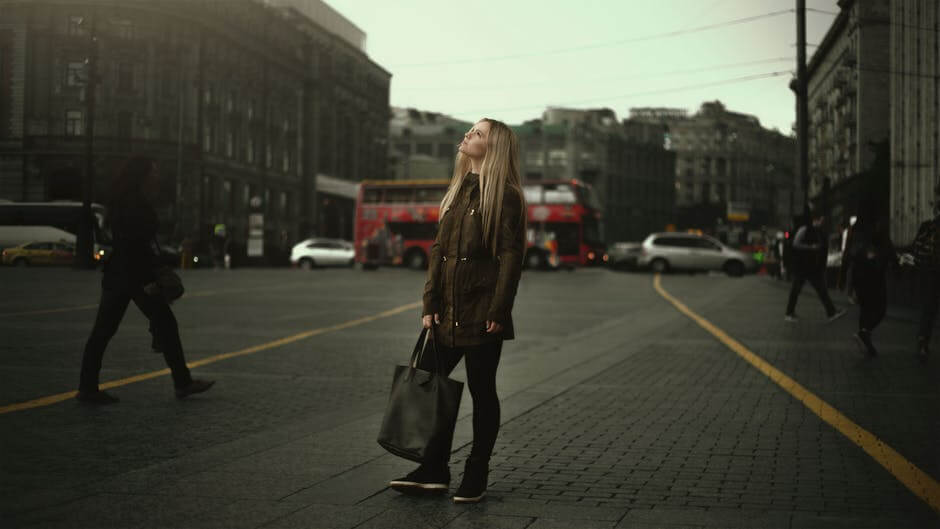What follows may sound rude and cold but is the truth. We socially reject death because it affects the productivity of our material world. Millions of people avoid talking about death because it is considered the end of a creative, productive life that generates daily profits. People keep on a race against time to live longer and better; longevity is important and the fact of never stopping is fundamental. But that is precisely what death is: the moment when everything stops, when the body stops working for whatever reason and we die.
The rejection is comprehensible, natural and can be resolved. To achieve this it is important to analyze the course of life. Every person is born, grows up, develops until reaching maturity; then aging begins and death naturally arrives one day. It is fundamental likewise to love life, not to despise that precious right that each living being has but to respect it. To respect our own life and that of others; so we can better understand the pain of a loss.
Another important aspect to be aware of is the fact that we relegate death to hospitals and cemeteries because of fear or rejection. We keep the subject locked in the tombstones, but death is in our memory, our heart, because we never forget those who have passed away. So the healthiest thing to do is to talk about death without fear, without obsessing about the subject but giving it the importance it has, considering the stages it involves and also the way it can affect us.
Trusting that thanks to the technological advances scientists and doctors could avoid death or could just delay it much beyond the time that the natural deterioration process may take is to live in a world of illusion. Although it is true that we currently have the means to prolong life, to be healthy, to live better and for a longer period of time than our grandparents, the cycle of life will stop at some point. Thus, the best we can do is to be aware of it and live life fully, here and now.

